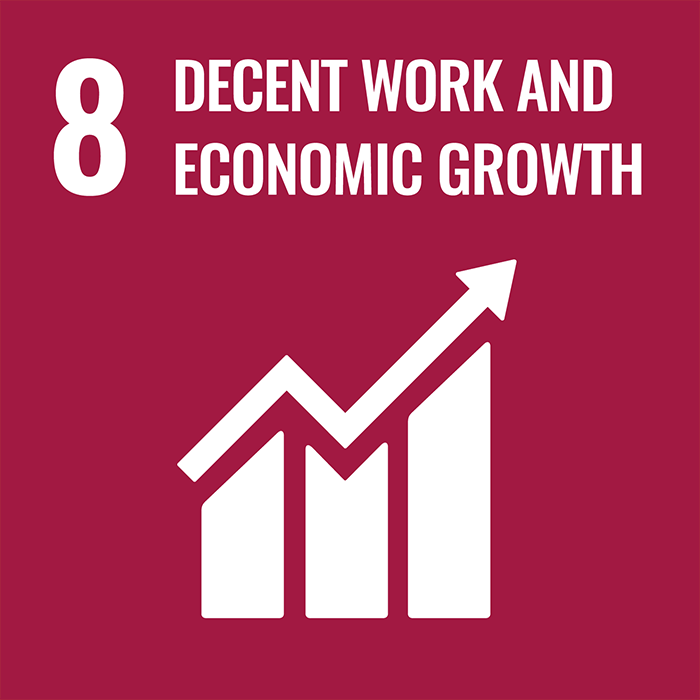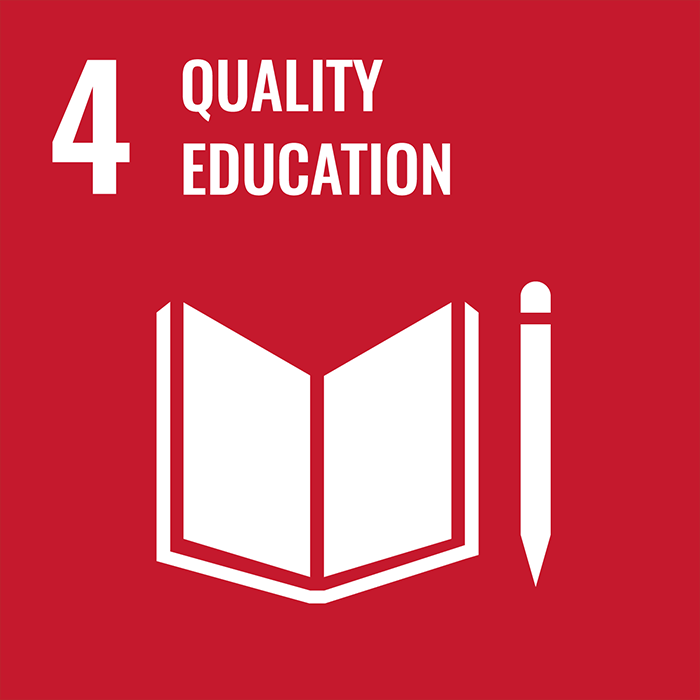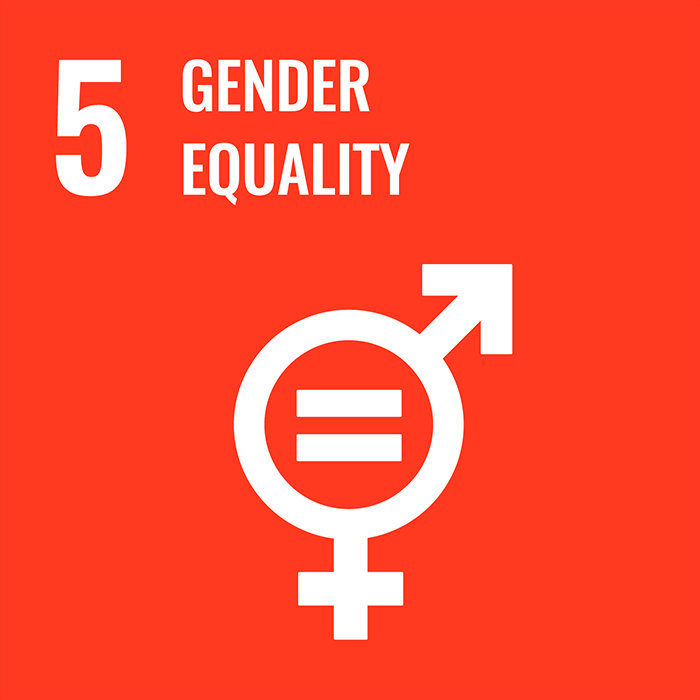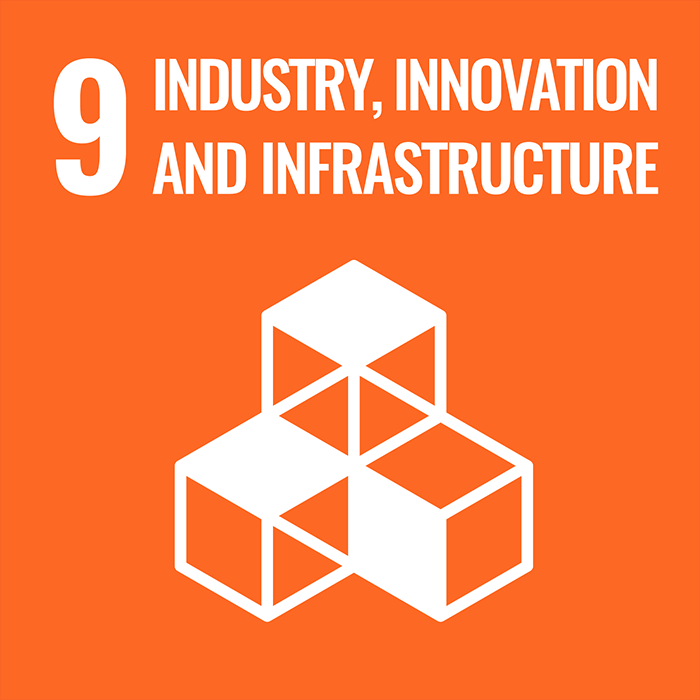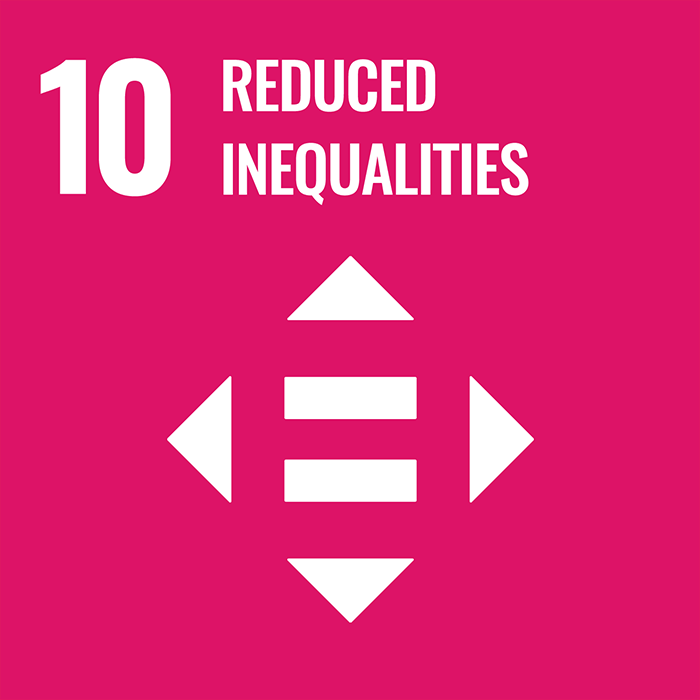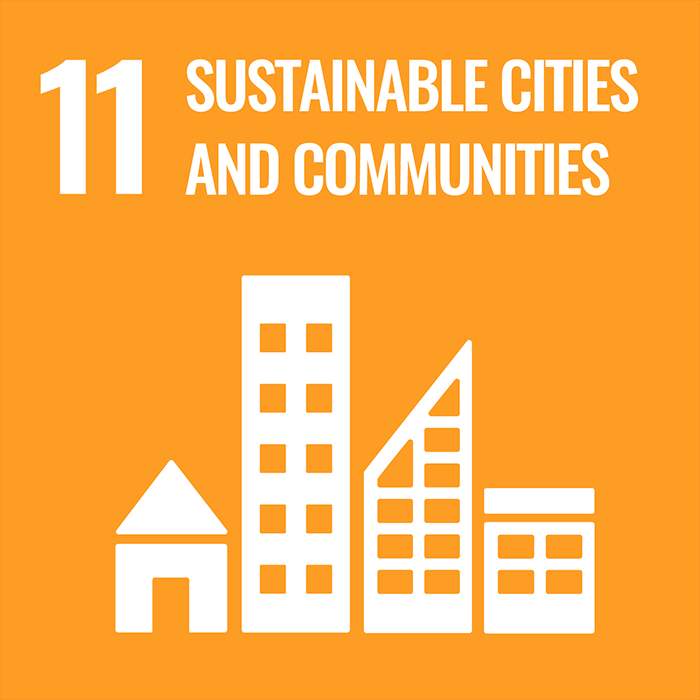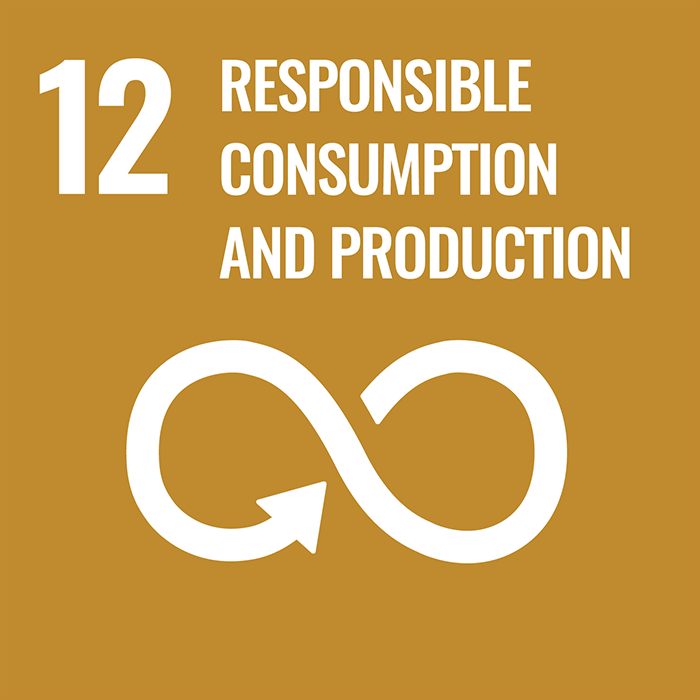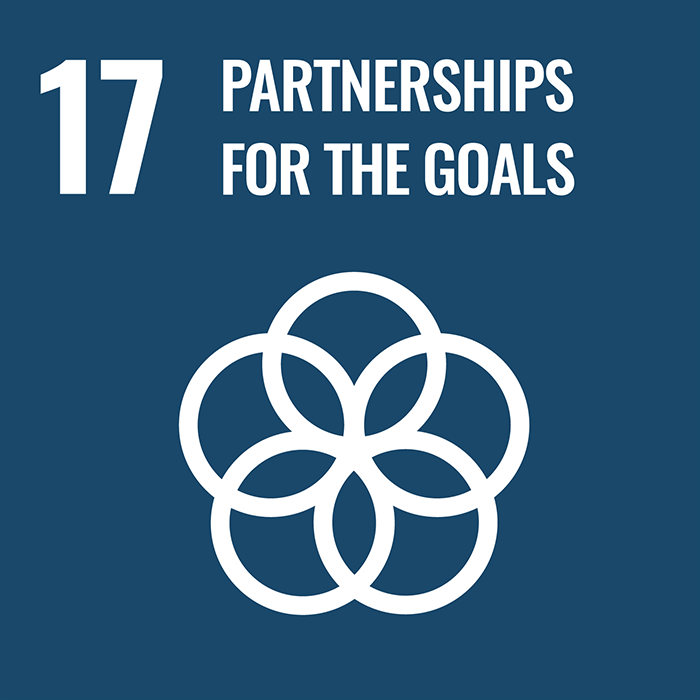Progress towards UN SDG 8: Decent work and economic growth
Promote sustained, inclusive and sustainable economic growth, full and productive employment and decent work for all
Our research

UK TV and film directors are facing financial instability due to irregular employment and a reduction in opportunities to work and earn, according to research by the University of Glasgow.
The independent survey of UK TV and film directors, conducted by CREATe, the Centre for Regulation of the Creative Economy based at the University of Glasgow, and commissioned by Directors UK, found that 78% of directors feel that their income is unstable.
Directors experience a number of poor working practices, that are accepted as the ‘norm’. These factors exacerbate systemic inequalities in the industry and have dire consequences for inclusivity and diversity.
The report finds that an improvement in the working conditions of directors offers a valuable opportunity to strengthen the sector’s resilience, allowing for long-term growth and competitiveness.
This research is the latest in a series of surveys conducted by CREATe, which shows a concerning decline in working conditions and income in the creative industry.
Learning & teaching

An innovative new partnership between the University of Glasgow and Skyscanner could be the answer to Scotland’s computer studies crisis.
Skyscanner, one of Scotland’s biggest tech success stories, is the founding partner of an innovative new pilot, combining computer science initial teacher education and a career in the tech industry. The ‘braided career’ approach aims to encourage software engineers to earn a teaching qualification and inspire the next generation of coders, while still building their careers outside the classroom.
Skyscanner has recruited a mix of existing and new employees specifically for the programme, all four of whom will take on part-time positions at the travel search giant, enabling them to study for PDGE Diplomas at the University of Glasgow while also taking on teaching placements at our partnership schools.
The new programme, thought to be the first of its kind in Scotland, has been developed by computing science and teacher education experts at the University of Glasgow, in partnership with KPE4 Charitable Trust.
The programme is setting out to address the shortfall in computing science teachers in Scotland’s secondary schools, helping pupils to find rewarding careers in the future and providing a pipeline of talent to help support the Scottish tech sector in the years to come.
An innovative new partnership between the University of Glasgow and Skyscanner could be the answer to Scotland’s computer studies crisis.
University operations

International students coming to study at Glasgow will now benefit from specialist support to help them with their job search on returning to their home country.
The Universities of Glasgow and Birmingham have launched an exclusive partnership with JOBShaigui, a leading graduate career support organisation, to help graduates kick-start their careers after finishing their degrees in the UK. JOBShaigui have an excellent reputation in China and extensive reach to top employers. The partnership is the first phase of a broader initiative, which offers additional support to international students after graduation.
JOBShaigui will offer a range of bespoke solutions including online seminars with up-todate information on the Chinese job market, advice on navigating recruitment processes and priority access to their large network of top employers; in addition to in-country networking events with alumni and employers building on the extensive networks of both universities and JOBShaigui.
Further, a new joint Employability Stakeholder Manager post in Delhi will strengthen employer links and labour market insights, supporting graduates returning to India and promoting inclusive economic growth.
Civic engagement

The UK’s leading universities are major forces for economic growth, and their reach is both national and global. A report shows the research and commercialisation activities of the Russell Group institutions, of which the University of Glasgow is a member, equated to £37.6 billion in 2021–2022.
In Scotland, the economic impact is put at more than £2.3bn, supporting 21,630 jobs, according to London Economics that assessed what the group’s 27 research-intensive universities mean to the UK economy.
For every £1 of public funds invested in research at these institutions, more than £8.50 is generated for the UK economy.
On the back of the report, the Russell Group is urging the Government to maximise the economic potential of the UK’s research-intensive universities by ensuring at least 3% of GDP is invested into R&D by 2030.


